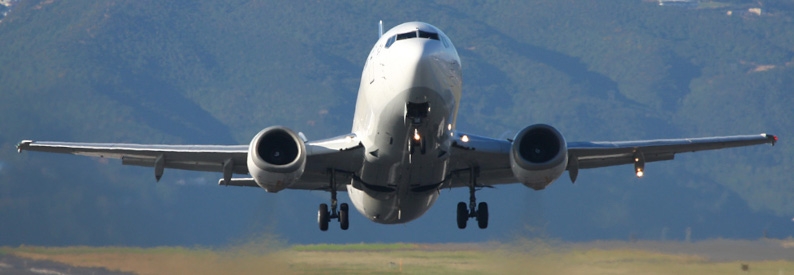Japan to Buy 100 Boeing Jets in Historic U.S. Trade Deal

The Trump administration has announced a landmark trade agreement with Japan that includes the purchase of 100 Boeing aircraft and a sweeping $550 billion investment commitment directed at revitalizing key U.S. industries. The agreement, confirmed by the White House on July 23, 2025, also includes a major increase in Japan’s annual purchases of U.S. defense equipment and a reduction in tariffs on Japanese imports.
Under the new agreement, Japan will make a $550 billion investment, managed by the United States, with 90% of the profits to be retained by the U.S. The White House described the deal as the largest foreign investment commitment ever secured by any country and emphasized its potential to create hundreds of thousands of American jobs, boost domestic manufacturing, and ensure long-term economic prosperity.
One of the most prominent elements of the agreement is Japan’s purchase of 100 Boeing commercial aircraft. The order represents a significant boost for the U.S. aerospace industry at a time when global manufacturers are competing for long-term fleet commitments from national carriers and lessors. The White House said the deal opens up “breakthrough opportunities” in key economic sectors, especially manufacturing and aerospace.
Japan has also agreed to significantly increase its defense purchases from the U.S. by several billion dollars annually. This measure is aimed at enhancing security cooperation and interoperability between the two countries, particularly in the Indo-Pacific region, where both governments have pledged to maintain a strong strategic alliance.
President Donald Trump called the agreement a defining moment in U.S.-Japan relations. “This is a very exciting time for the United States of America, and especially for the fact that we will continue to always have a great relationship with the country of Japan,” he stated on his Truth Social platform following the announcement.
In a move designed to reinforce economic collaboration, the U.S. will reduce tariffs on Japanese imports to 15%, down from the 25% rate currently applied to other countries. Japanese Prime Minister Shigeru Ishiba confirmed that reaching consensus on tariff adjustments was a key part of the negotiation process. Speaking to Japanese media outlet Nikkei, Ishiba said, “We have been working to reach an agreement that is consistent with the national interests of both Japan and the United States while protecting what needs to be protected.”
He credited persistent lobbying by Japan for steering discussions away from punitive tariffs and toward investment-driven cooperation. The lower tariff rate will provide Japan with a more favorable position in the U.S. market while allowing American industries to benefit from expanded trade and capital inflows.
The White House concluded its announcement by stating that the agreement is more than a trade deal—it is a strategic realignment of U.S.-Japan economic relations. The deal is expected to set a new standard for bilateral cooperation and secure long-term economic and security benefits for both nations.
Related News : https://airguide.info/?s=Boeing
